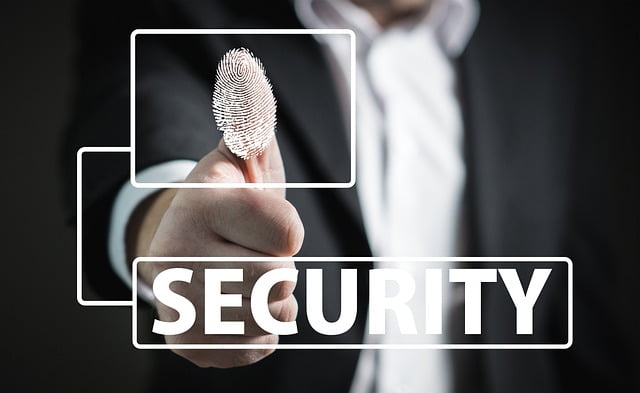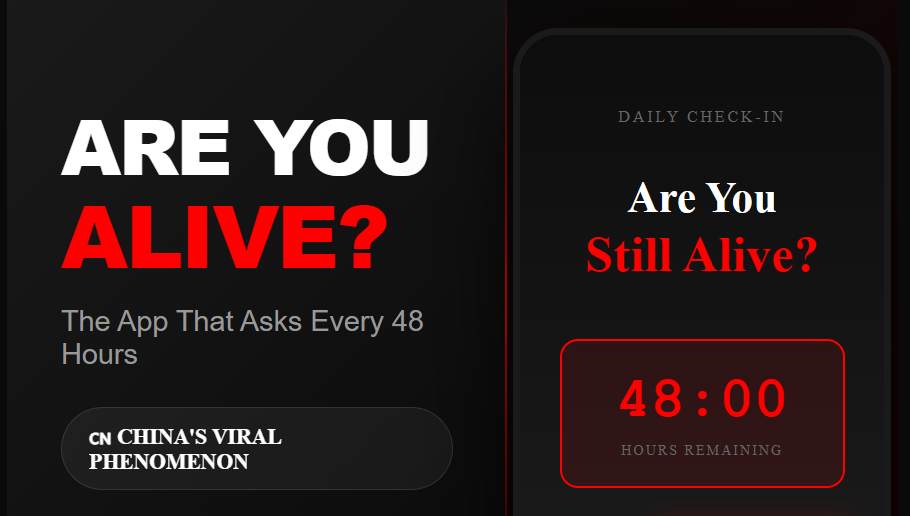Can We Get Free Internet from a VPN?

The idea of getting free internet through a VPN is a common misconception. While VPNs offer many benefits, such as enhancing online privacy, bypassing geo-restrictions, and securing your data on public networks, they do not provide free internet access. Here’s a detailed explanation of what VPNs can and cannot do in terms of internet connectivity and why the notion of free internet through a VPN is a myth.
Understanding VPNs and Internet Connectivity
What a VPN Does:
- Encrypts Your Data: VPNs encrypt your internet traffic, protecting it from hackers and eavesdroppers.
- Masks Your IP Address: By routing your traffic through a VPN server, it replaces your real IP address with the server’s IP address.
- Bypasses Geo-Restrictions: VPNs can help you access content that is restricted based on your geographic location.
- Secures Public Wi-Fi: When connected to a public Wi-Fi network, a VPN secures your data, making it difficult for attackers to intercept.
What a VPN Does Not Do:
- Provide Internet Access: VPNs do not provide internet connectivity. They require an existing internet connection to work.
- Free Data: VPNs do not offer free data usage. They encrypt and route the data over your existing internet connection.
Misconceptions about Free Internet
The myth of getting free internet via a VPN often arises from misunderstandings about how VPNs work or from misleading information. Here are some reasons why this is not possible:
1. Dependency on ISP
Your Internet Service Provider (ISP) is the entity that provides you with internet access. A VPN operates on top of your existing internet connection. Without a connection from your ISP, a VPN cannot function.
2. Data Routing, Not Free Data
A VPN reroutes your existing internet connection through its servers but does not provide the internet connection itself. It uses your current data plan to transmit encrypted information.
3. Costs Involved
Running VPN servers and providing encryption services incur costs. Reliable VPN services charge fees to cover these expenses. Some VPNs offer free plans, but these come with limitations such as data caps, slower speeds, and fewer server options.
Risks of Trying to Get Free Internet
Attempts to obtain free internet through VPNs or other means can lead to various risks:
1. Illegal Activities
Some methods claimed to provide free internet may involve illegal activities such as hacking or unauthorized access to networks, which can lead to legal consequences.
2. Security Threats
Free internet schemes often involve untrustworthy applications or services that can compromise your device’s security, leading to malware infections or data breaches.
3. Privacy Concerns
Using unreliable or shady VPN services that promise free internet can result in privacy violations, as they might log your data and sell it to third parties.
Alternatives for Cost-Effective Internet Access
If cost is a concern, consider these alternatives for more affordable internet access:
- Look for Affordable ISPs: Research ISPs in your area to find the best deals and packages that suit your needs.
- Public Wi-Fi: Use public Wi-Fi hotspots, ensuring you use a VPN to secure your connection.
- Mobile Hotspots: Some mobile plans offer affordable hotspot data that can be a cost-effective solution.
- Government Programs: In some regions, government programs provide subsidies or low-cost internet plans for eligible individuals.
Conclusion
While a VPN offers significant advantages for privacy, security, and accessing restricted content, it does not provide free internet. The internet connection still needs to be provided by an ISP, and a VPN merely enhances the security and privacy of that connection. Misunderstandings about free internet through VPNs can lead to legal and security risks, so it’s essential to use VPNs correctly and ethically. For affordable internet access, explore legitimate and safe alternatives.
Loading newsletter form...






